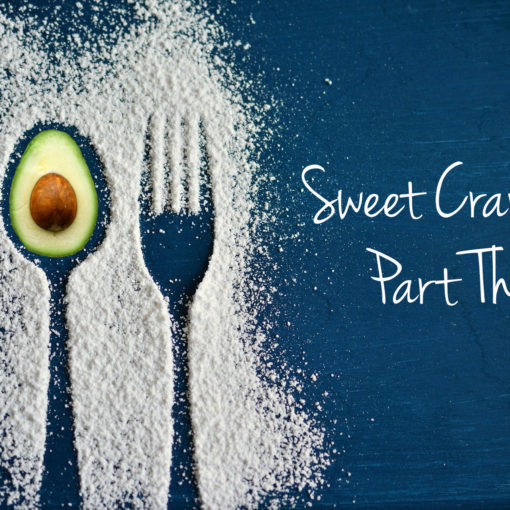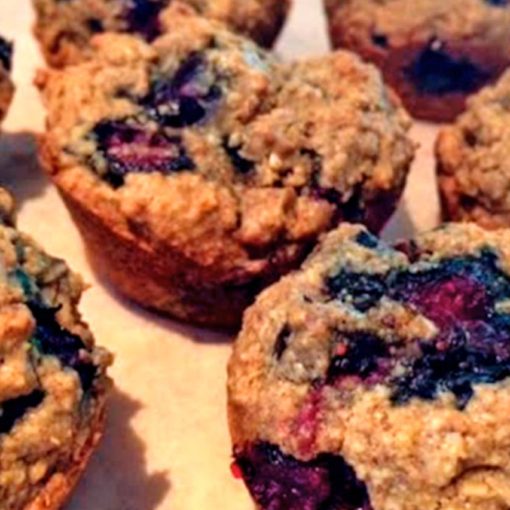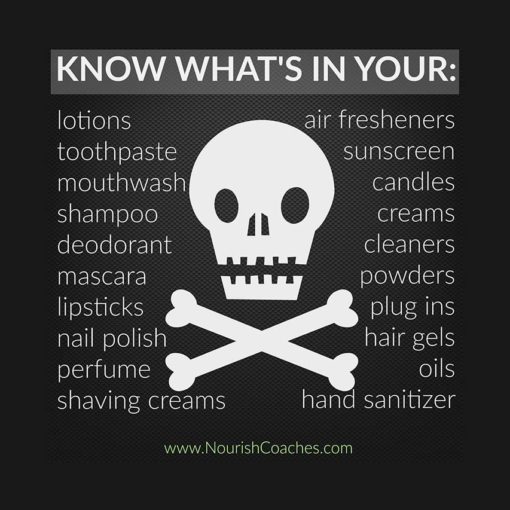The other day, I was sitting in my home office and looked up at my bookshelf filled with dozens of books about health, wellness, nutrition, and eating theories.
As I read their spines, titles I am all too familiar with, I had this thought: I bet if I were to re-read all these books, I would, no doubt, find that they all contradict each other. Of course, much of their material would also corroborate, because they all say, in so many words, to eat real, whole foods for optimal health.
But that got me thinking about all our clients over the years and why they have come to us. Ultimately, they need help getting on the right health path. They need help navigating through all the conflicting information out there telling them this is healthy or unhealthy and that they should definitely stay away from this or eat it every day. How is anyone to understand what is right for her or him?
Food is Simple
We often say, “food is simple.” Because it is. By food, we mean real, whole food. By real, whole food, we mean food that is picked from the earth, bush, or tree and food that once walked, flew, swam, or slithered. Real, whole food rarely comes in a box. It doesn’t usually come with marketing promises of health or deliciousness. It doesn’t usually come with labels or ingredient lists.
Of course, there is real, whole food in boxes sometimes (steel cut oats) or packages (lettuces). Sometimes there are ingredient lists for minimally processed real, whole foods (packaged bars or drinks). But, the lists aren’t long, and the ingredients are understandable without a degree in nutrition or organic chemistry.
Food only gets confusing when you go beyond real, whole foods and venture into the middle aisles of the supermarket as opposed to the perimeter where the produce, meat, and dairy reside. Or, perhaps you have a medical condition that restricts particular foods, even in their real, whole form. Then, it’s not so simple.
Aside from those medical conditions, how are you to know if some of the real, whole foods are good for YOU? You as an individual? You as a unique biological organism?
There was a time that we paid attention to our bodies, listened to their messages, understood that those abdominal cramps came from that particular meal because you ate that particular thing that doesn’t agree with you. And some of us are mindful of our bodies and their messages. But many of us aren’t, simply because our society has not encouraged us to be. We take medicine when we have a moment of discomfort, covering up the symptom (or message) that our body created to tell us something. Or, we just get used to the discomfort and aren’t willing to stop eating the foods that don’t work for us because they just taste so damn good or it’s just so convenient.
So, perhaps it’s not so simple. After all, we make a living on that premise. We’ve been through the process ourselves of sorting out what’s right for our individual bodies and we know that when you’re ready to discover what foods are best for your unique biology, you’ll be surprised by how good you can feel. You’ll begin to understand how and why all those books and websites contradict each other. You’ll know you, and you’ll be able to navigate your own path. We’re here, at Nourish.
When you’re ready, of course.






